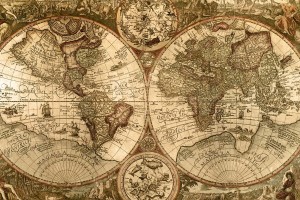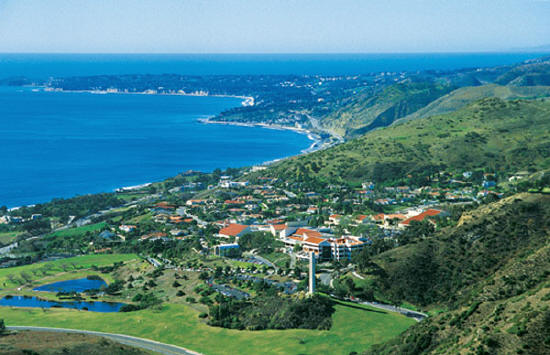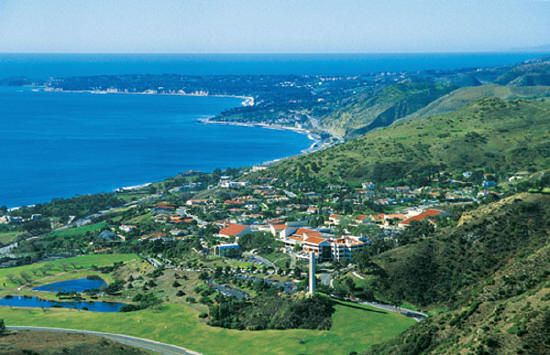In her book The Artist’s Way, Julia Cameron writes that “anger is a map” that “shows us where our boundaries are,” what is important to us, and “where we want to go.” When respected and “acted upon” instead of “acted out,” Cameron says, anger helps us find a way forward. So today, instead of stewing powerlessly on my anger and replaying this infuriating episode over and over again in my head, I’ve decided to write it out–what happened, and what I wish I had been able to say at the time. What I still want to say to the world.
Here it is, a poem mapping out my anger to put it to use:
Today I wear shorts
Today I wear shorts
Because the weather is warm.
Because I want to be free.
Because I have not felt the pleasure
of a temperate breeze
against my bare legs
since I bundled up last October.
And yes, because my legs are beautiful.
Because I am not ashamed of my body,
and because I have no reason
to hide my God-given limbs
from you or from anyone else.
And no, I do not owe you any explanation
for the shorts I wear today.
But it would appear that I do
need to explain the self-evident fact
that I am not wearing shorts
for you to take pictures of my ass
on your cellphone
while you wait in line for the bus
while my head is turned the other way
while another man loudly announces to me,
and to others,
what you are doing.
Perhaps, in the privacy of your addiction
you have seen so many women on the screen—
performing a false intimacy,
giving you something for nothing,
posing and moving as though they belong to you—
that you have forgotten:
we all belong to ourselves,
and you are not entitled
to my body or to anyone else’s.
Or perhaps, you have learned
to treat people like things
because this is the cycle
your own experience brings.
I’m sure that there are reasons,
but whatever they are,
none could constitute an excuse.
So stop.


